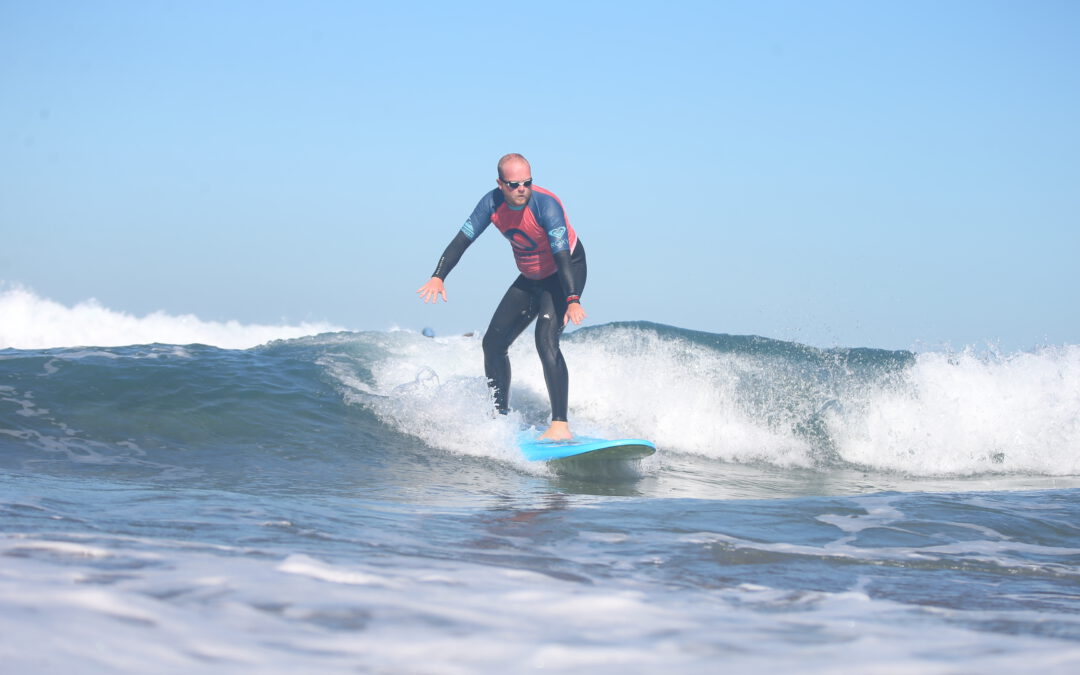After I was ready to go on Jack and Jill’s boat three weeks ago and we had made all the preparations, including the shopping, a lot happened – just no Atlantic crossing. But I did experience a lot and got to know a great project with refugees – the Associación Atlas, which I will introduce to you in more detail below. I also talk a bit about the problems caused by tourism and digital nomads, which are more closely connected than you might think at first.
Just before I was going to leave with Jack and Jill three weeks ago, Jill got sick and the night before departure it got worse, including fever. So we postponed the departure but we missed a weather window and for the next two weeks there was either no wind or it even blew against the islands.
Even though the time was really exhausting and not easy, as the departure was delayed again and again and I just felt drawn to go on, I still made good use of the time in Gran Canaria. I did a lot of street music and played in bars, you can find a separate post about that here on the blog. I got to know a lot of people and some musicians and played music together with others several times.
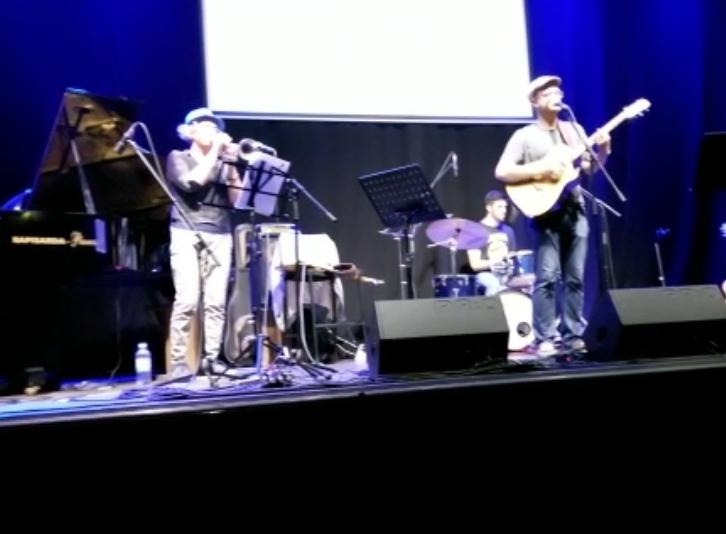
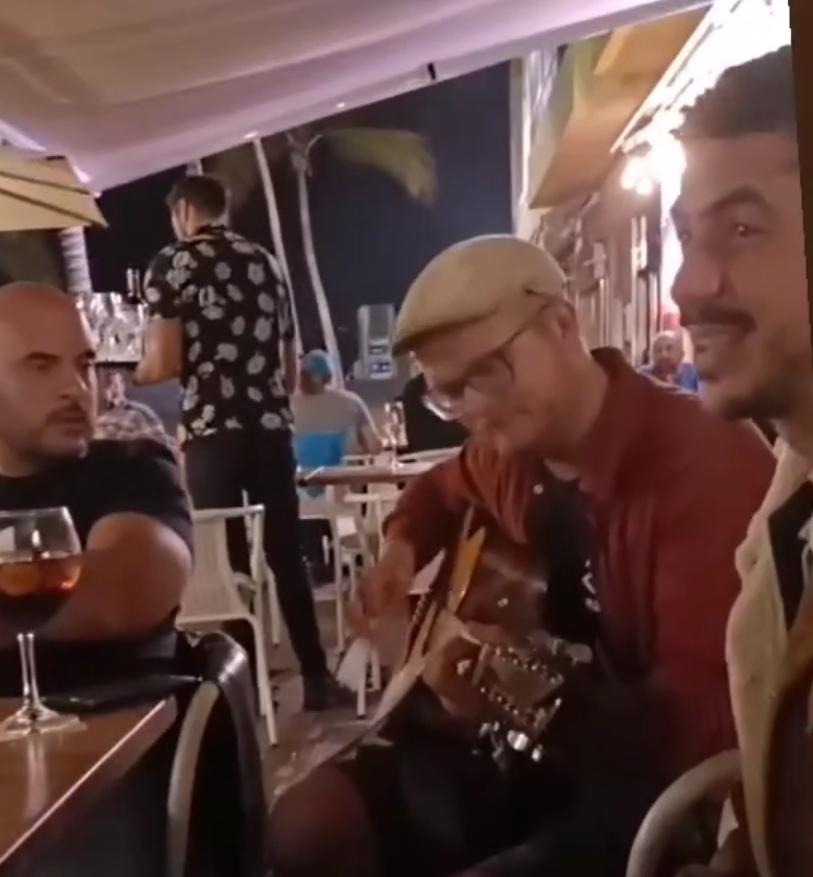

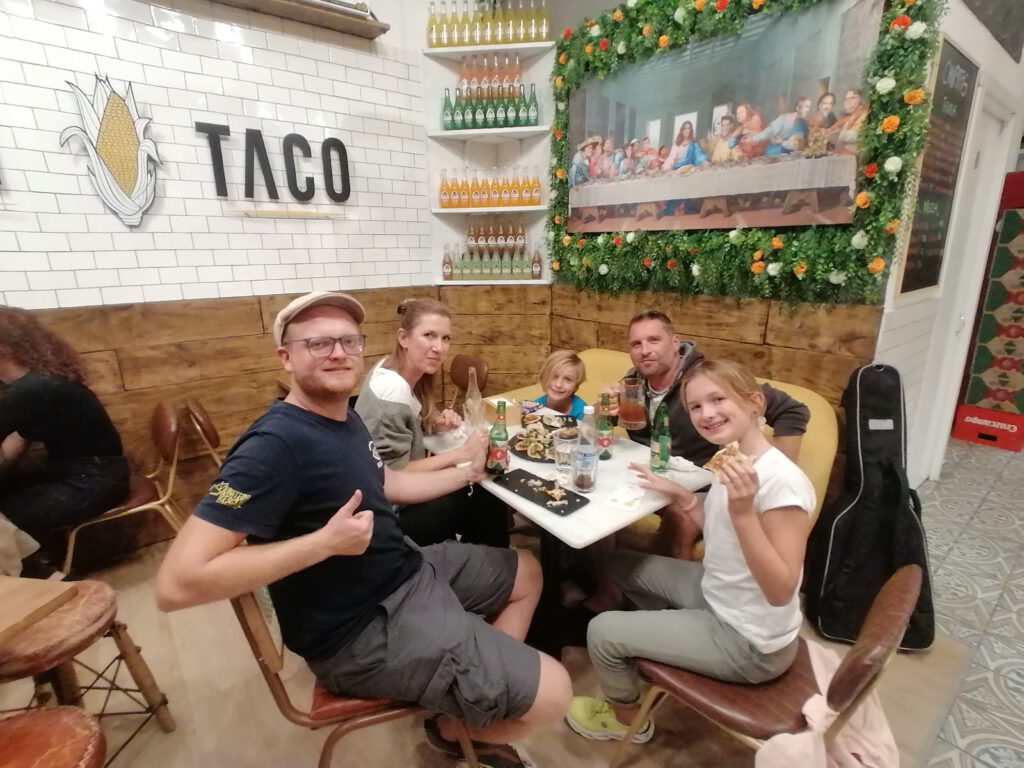
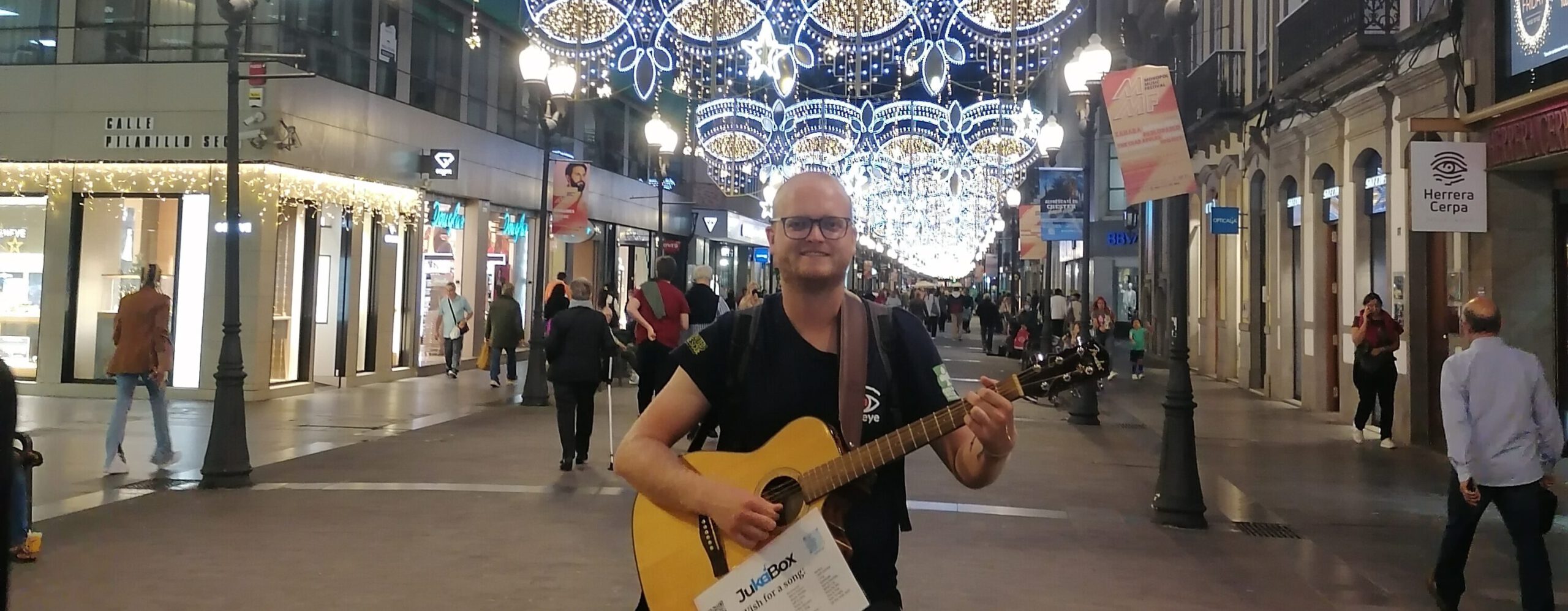
By now, I know a lot of people in Las Palmas through the questions in the harbour, through the hostels and through the music and it almost feels like home – I didn’t want to stay here that long, but well: it’s still cool to go to a bar and actually always know someone. I also met some friends from Germany.
Hella recommended a super cool hostel in the mountains, the Mountain Hostel Finca La Isa, where I spent two nights. The view was simply phenomenal and that right after waking up 🙂 What I also liked there was that everyone got together in the evening in the common room. In hostels in cities, everyone kind of scatters in the evening because some are in bars, others are at the beach and others stay in the hostel. It was a really cosy get-together and of course I played the guitar and we sang together. Unfortunately, I just missed Hella there. Back in Las Palmas, however, I met her and we went for a drink with some of the people from her hostel in the bar where you usually end up in the course of the evening: the Bar San Remo.
In the Bar San Remo the next day, I happened to meet Martin from the Sea-Eye group Jena, who was on holiday here.

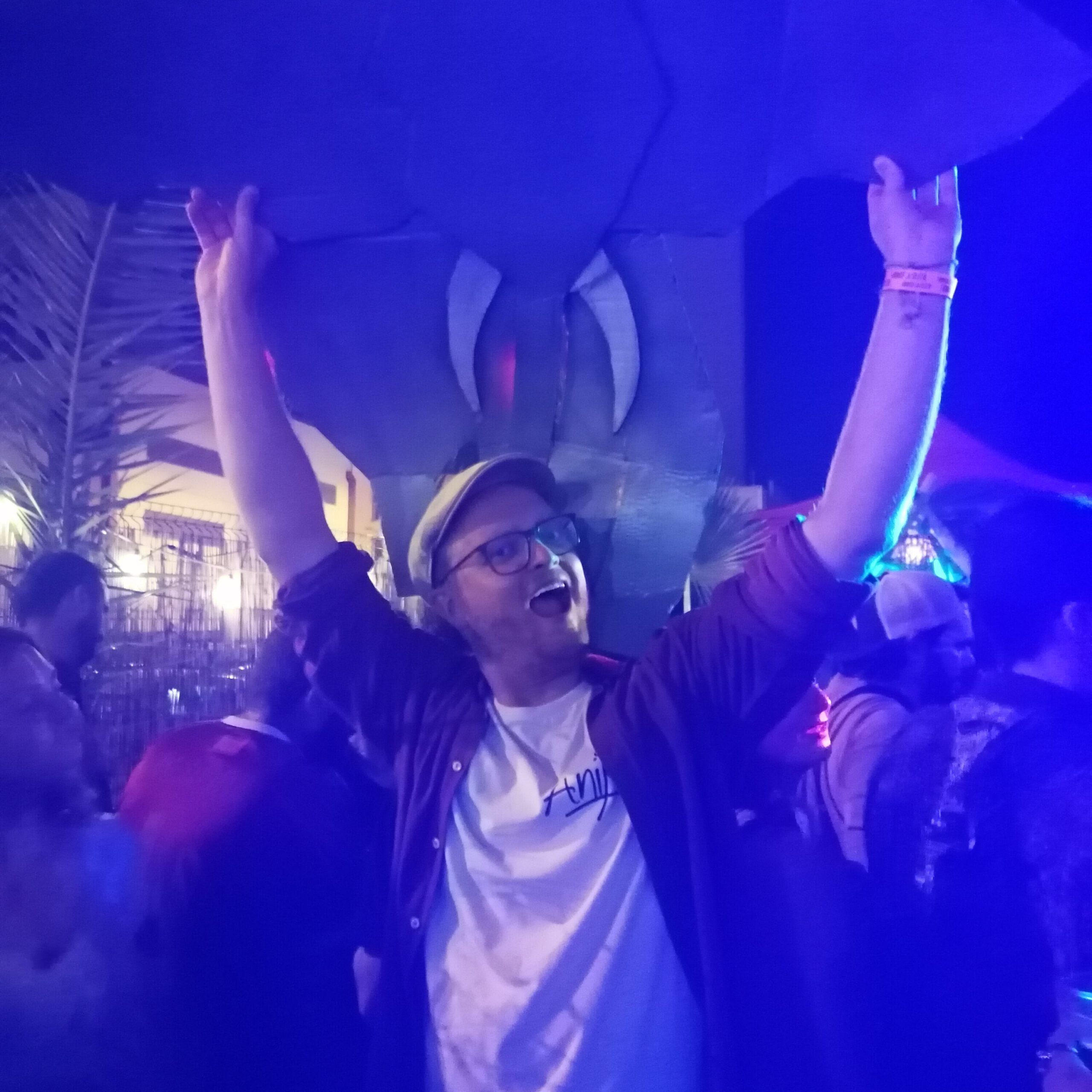
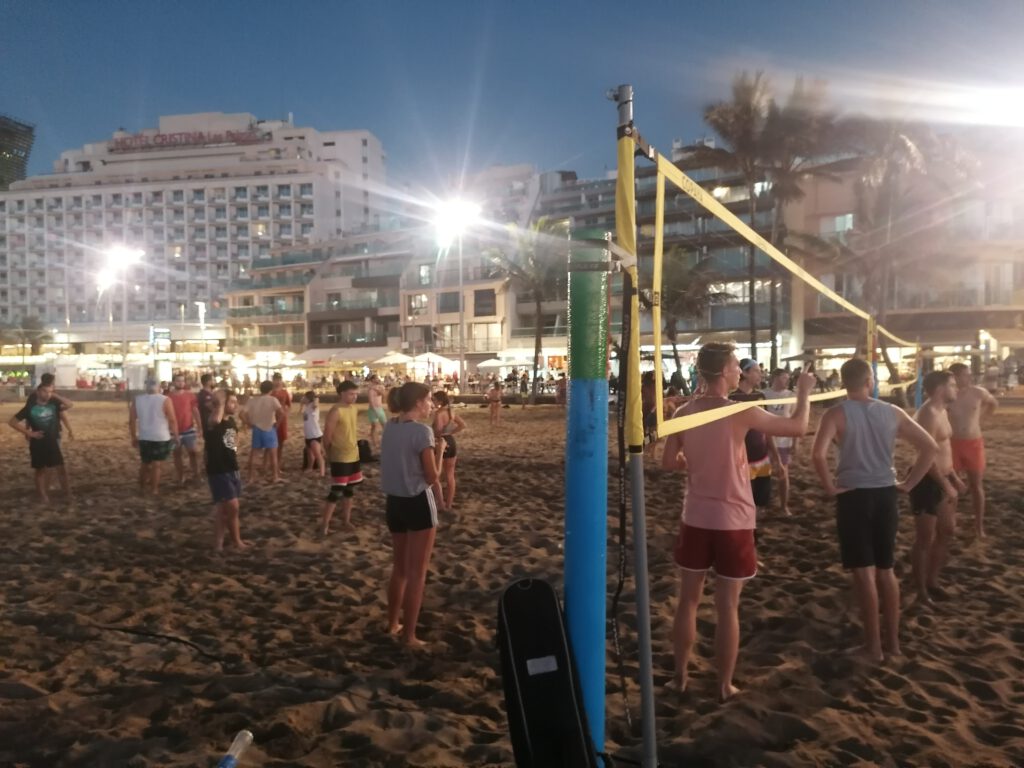

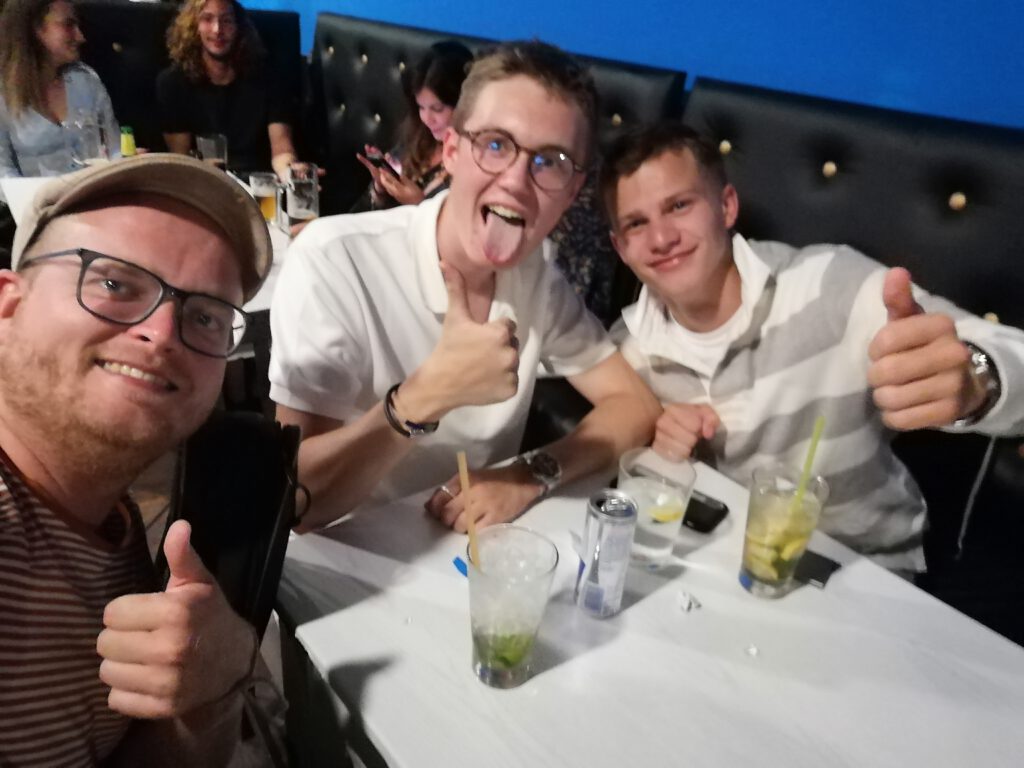
When it became clear that the departure would be further delayed because of the weather, I decided to join the Baici family on the catamaran again, so that I could be with them on Cap Verde over Silver Easter and then sail on. There is also room on the boat for my long-time buddy Jakob.
I then used the second week of my hesitations to go surfing in Las Palmas: In 6 x 2 lessons I really learned a lot and noticed a lot of progress. In the end, I was on the board in almost every wave and it was great fun. So now I have a basis for surfing every now and then during the trip!


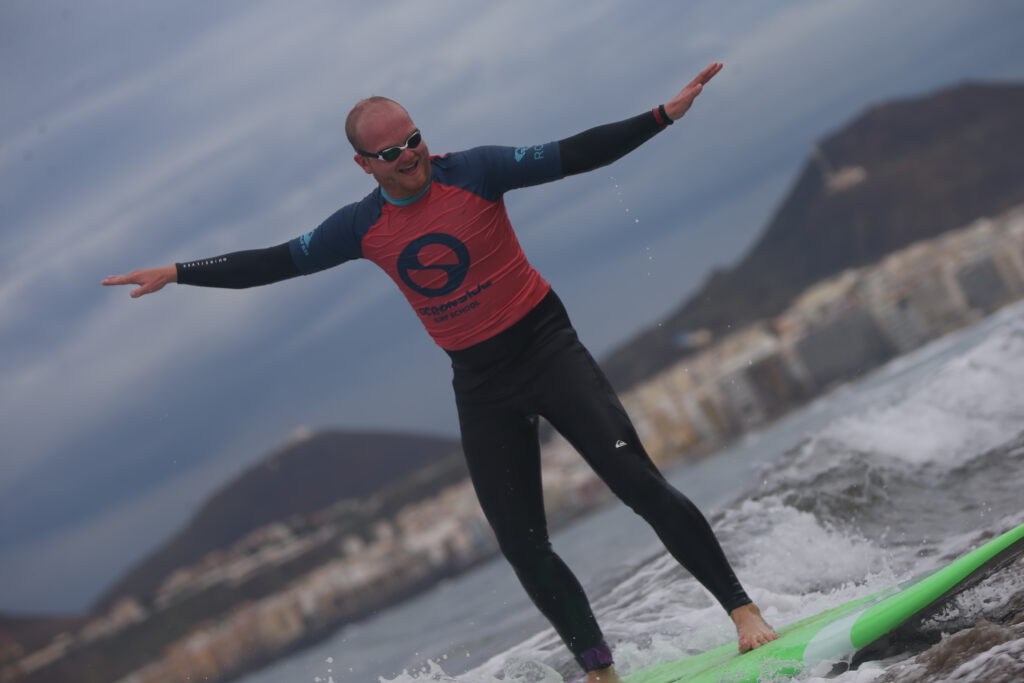
Then, when my surfing time was over and the departure at Baicis was unfortunately delayed by waiting for two packages, the right coincidence came at the right time. I met Manuel and Project Atlas, where I spent several days and, among other things, went on a hike that took us out of the city via the only remaining hiking trail. Gran Canaria is riddled with ravines on all sides, furrowing into the mountains in the middle, so the island resembles a giant lemon squeezer.
After 25km, we arrived at our destination – La Atalya – where we visited a clay workshop and saw how gofio is made – a typical Canarian roasted cornmeal that the Canarians eat in many different forms – on bread, in soups or as tortillas.
Associación Atlas
The Atlas project has only come into being in the last few years. The founder, Manuel, also called Manolo, lives from tourism like so many people on the Canary Islands. A few years ago, he took over a house where he rents flats to short and long-stay travellers.
In 2020/2021, when the number of refugees in the Canary Islands increased sharply and the authorities partially failed, so that many people ended up on the streets, the civilian population stepped in and Manolo also took in some refugees. Since then, several refugees have been staying with him continuously, who can find accommodation for a symbolic rent in order to arrive and look for work. This is not easy for them, because unemployment is very high in the Canary Islands, especially among young people: Among the under-24s, it is over 50%. This is also due to the many immigrating Germans and English who, as “native speakers”, take the jobs of tour guides, diving instructors, receptionists, car rental employees or hotel managers away from the locals.
And finding a place to live is also very, very difficult for the refugees. Because tourists and especially the digital nomads who move to the Canary Islands drive up prices. Unfortunately, the prejudices against refugees are also very big here, so many prefer to rent to tourists or digital nomads. Manolo says that he sometimes feels helpless about the situation for refugees on the Canary Islands and the thought that many don’t even make it to the Canary Islands and drown first.
It is all the more important that people like Manolo are there for the refugees. The project shows that they can be enriching: currently there are several Senegalese in the hostel and there is regular Senegalese food, music and much more.

